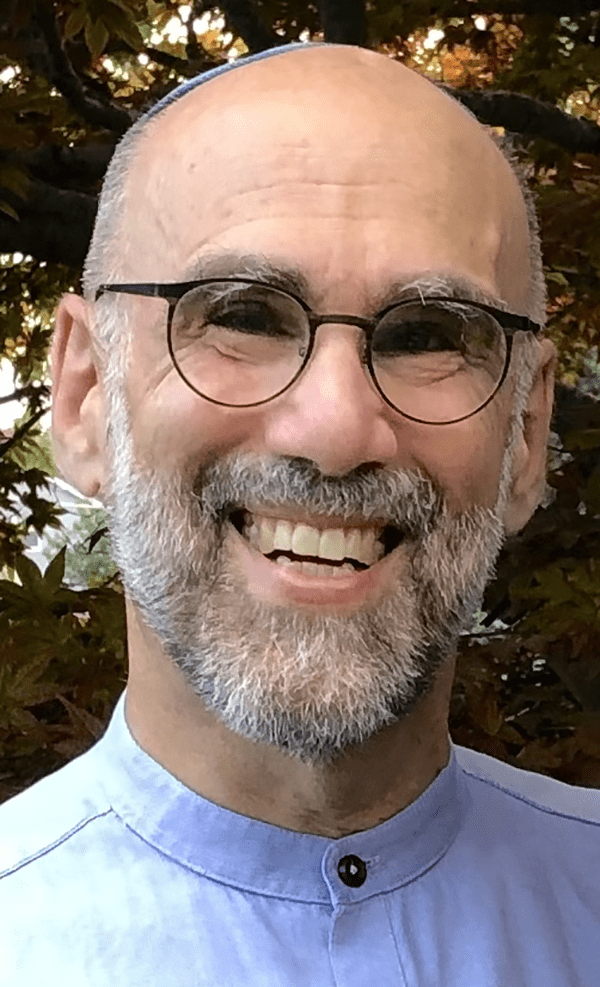Words / yom ha’atzma’ut
Like so many other commentators — ancient to modern — Rabbi Lord Jonathan Sacks elaborates on the construct of tzara’at, an unidentified skin ailment, as recompense for evil speech, lashon hara. Long-ago rabbinic wordplay connected tzara’at to words, speech, that can be hurtful. Aside from a clever acronymic derivation, why would the sages have focused on speech?
Makin’ Matza!
My recent posts...
Selling Chametz
Even if you don’t keep a kosher kitchen, and/or you don’t “convert” your kitchen for Pesach, there is still spiritual value in selling your chametz: You are engaging with myriad Jews worldwide in a practice that can be traced back to Torah and, if you include a donations to “ma’ot chitin,” you are enabling those in need to more fully celebrate Pesach.
A Few Things About Pesach (With lots of links)
There is a wealth of information about Pesach (and the challenges of this year) at Exploring Judaism.org.
Blessed Day
It sounds lovely, right? “Have a blessed day” has a bit more depth than the relatively benign (however heartfelt) “Have a good day.” The more I thought about it, though, the more I wondered: Is “Have a blessed day” a wish or a challenge?
As a wish, “Have a blessed day” is sweet and appreciated. However, what does it mean to be blessed? That everything’s going our way? That we win the lottery? That God turn the divine light upon us and look upon us graciously? If so, great, thank you for the good wish!
Or, is a blessed day one on which nothing untoward happens? Or, it could be that we’re being blessed with heightened awareness of things that, for most of us, are everyday, ordinary occurrences. For example, as you have your morning dose of coffee at home, that ritual could become a meditation/appreciation of the many hands and lives that touch us in the course of a day.
Consider what it takes to get that elixir into the mug on your kitchen counter: coffee tree planting/tending/harvesting, bean packing/shipping/loading/unloading/trucking/distributing/roasting/grinding/packaging/shelving — plus all the ancillary services such as box manufacturing, package designing/printing, etc. Then there’s the coffee machine and the mug. (How a simple cup of coffee can become an exhausting meditation on the global economy! And, do we count it as a single blessing?)
We can view “Have a blessed day” as a good wish; it can also be seen as a challenge. What about a crappy day: The weather’s unpleasant, the car gets a flat, the corner café is out of your favorite pastry, the doctor’s office calls about redoing a test…nothing seems to be going right. Can we turn part of that kind of day into a blessing for ourselves or for others?
For example, the chore of the weekly supermarket trip can become an appreciation (or a sobering realization) of just how much food is produced in our country. The amounts are vast, the options of brands/styles/prices astounding. (And the number of Americans who suffer food insecurity is dismaying!)
A pleasant exchange — even of platitudes — with a cashier could lift two hearts. And, you could buy a few extra food items to donate to the food bank.
Ellie taught me some time ago that offering the phrase “Make it a good day” encourages some action on the part of the recipient, though that, too, could be heard as a challenge. Likewise, wishing someone “Have a blessed day” can elicit both acceptance and agency. However we hear it, we should appreciate that others wish us well and we should return the favor.
Shabbat shalom ! שבת שלום


